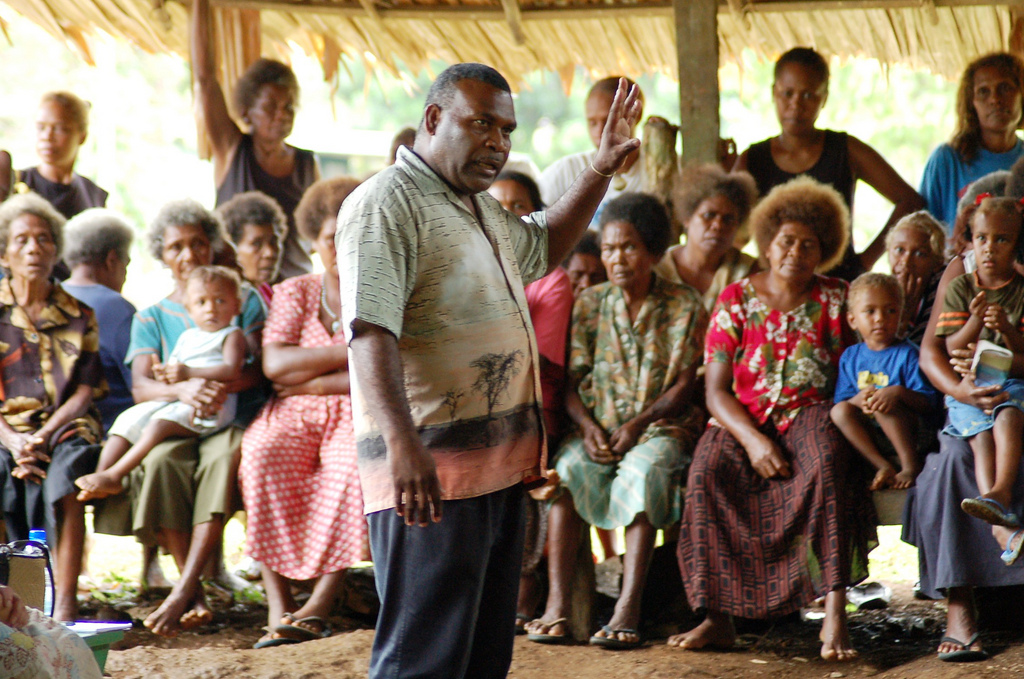
A continuous theme of successive White Papers has been that our strategic challenges in the South Pacific come not from powerful states, but from weak ones. The idea that weak South Pacific states pose a strategic threat to Australia received considerable attention in the late 1990s and early 2000s. This perception initially manifested in Australia’s intervention in Timor-Leste, and later in our intervention in the Solomon Islands, stabilisation assistance to Tonga, and security cooperation with Papua New Guinea and Vanuatu.
In the aftermath of the 9/11 terrorist attacks, state weakness and failure were elevated to security issues, with claims that terrorists or transnational criminal groups could establish bases in weak South Pacific states from which they could pose a threat to Australia. While transnational criminal groups have gained a foothold in some South Pacific states, the idea that terrorists could establish a significant presence was always farfetched. With the decline in global terrorism, and improved Australian and regional responses to transnational crime, both threats now appear less relevant.
A more relevant threat, however, is that a hostile power might establish bases in the South Pacific and threaten the air and sea approaches to Australia, or even launch an attack on us. To an extent this threat is nascent in China’s, and to a lesser extent, Russia’s, attempts to project power in the region. However, it has been countered by the United States increasing its presence in the South Pacific (most notably in Fiji), and by pressuring Australia to follow.
The relevance of the discourse of state weakness to the South Pacific may also be waning. The Regional Assistance Mission to Solomon Islands (RAMSI) has made progress strengthening that state, and is now gradually drawing down. Australia is also withdrawing its contribution to the International Stabilisation Force in Timor-Leste, in the wake of recent, largely successful, elections. Papua New Guinea has also recently held relatively peaceful elections, and appears to be on track to form a stable government. And although few commentators would describe any South Pacific state as ‘strong’, they now appear much more secure than they have been in the past two decades.
Analyses of the perceived weakness of South Pacific states also need to be challenged. While these analyses focus on the performance of centralised state institutions, as these institutions are largely absent from rural areas where the majority of Islanders live, their weakness often has little impact on everyday lives. These analyses also overlook the strength of South Pacific societies, as communities fill the gap created by the state’s absence in order to provide law and order and basic public goods. This suggests that Australian strategic thinkers need to look beyond the weakness of state institutions and focus on the potential strength of the societies that lie below. And so, in developing the 2013 Defence White Paper Australia needs to adopt a more nuanced strategic analysis of the South Pacific.
Joanne Wallis is a lecturer in the Strategic and Defence Studies Centre at the Australian National University, where she also convenes the Bachelor of Asia-Pacific Security program. Image courtesy of Flickr user Australian Civil-Military Centre.

